Having read about the long workdays and endless queues at Dover, I wanted to find out what it’s like to work as a lorry driver in Dundee.
I headed along to CJ Lang and Son’s Dundee distribution centre for a day to see for myself how food gets delivered across the country.
The wholesaler for Spar in Scotland was faced with a shortage of drivers last year and offered a £2,000 sign up bonus to attract new employees.
While most drivers set off in the early hours of the morning when I was still asleep, there’s a lorry waiting for me to hop in and deliver groceries.
Safety first
Along with Ian Small, a transport trainer, I’m heading to Spar on Macalpine Road to drop off an order.
Ian started as a driver for CJ Lang and Son 33 years ago and still likes to get out as much as he can.
Before we can get on the road, he walks me through the safety checks he does before every journey.
I’m slightly overwhelmed by how large the vehicle is and how much there is to check, but thankfully we have a list.
Ian says that while the industry has had bad press in the past, it’s much safer today.
“There’s a lot of training and modern technology to keep us safe,” he explains.
“When the lorry costs up to £160,000 you have a huge responsibility and you’re always thinking about safety.”
Making our delivery
Ian has many years behind the wheel. He got his lorry licence at 23 after driving with his dad.
He had always wanted to be a farmer, but when his dad started doing deliveries for an agricultural firm Ian came along because he was “tractor daft”.
The transport trainer worked in long haul for a few years before starting at CJ Lang and Son.
His favourite part of the job is the independence he has on the road and the beautiful Scottish scenery.
Unlike in long haul, most Spar deliveries are done in a day, so the workday starts and ends in Dundee.
I’ve never really thought about the difference between long and short haul drivers before. It’s good to hear not all lorry drivers spend days and weeks in their cab.
While Ian says times have changed and he’s no longer “the king of the road”, I feel at least like the princess of the road sat this high up looking down on passing cars.
Once we get to Macalpine Road getting the lorry parked requires skill and finesse.
To reach the ramp at the back of the shop, the tail lift can’t be too close or too far away.
Ian masterfully parks and I jump out so I can stand on the tail lift as it slowly goes up.
While it’s no rollercoaster I’m still very excited.
We drop off four cages and put empty ones back in the lorry, as well as cardboard to be recycled at the distribution centre and products the shop wants to send back.
‘I’ll be home when I’m home’
Since it’s now lunchtime we head into the shop to grab a bite to eat as well.
While tucking into my macaroni pie I ask Ian if this is what he eats every day on the road.
“No, we’ve come a long way from greasy spoon cafes,” he laughs.
“Some lorries now have fridges and microwaves making it easy to eat well on the road.”
Though I am thoroughly enjoying my pie, I probably would get very tired of them if I had one every day.
We get ready to head back to the distribution centre from our small delivery. Usually, drivers do five to seven drops on each route.
The average trip is 335 kilometres and within a week all Spar’s lorries cover 62,000km across Scotland. That’s roughly a trip and a half around the earth.
Ian and I have done just over 5km to get to the shop, and getting back should only take 10 minutes. But he warns me of relying on estimates.
“You might encounter accidents and closed roads, but that’s part and parcel of distribution,” he says.
“You don’t say you’ll be home for tea, you say I’ll be home when I’m home.”
Thankfully our trip back is hassle-free and like the other drivers, we are back before the end of the day.
I continue my Spar adventure in the 180,000 square foot distribution centre.
From warehouse to wheels
The warehouse never sleeps as orders are packed around the clock.
Packers wear a voice-controlled headset that tells them what to pack into the cages that go out.
The fact that they don’t even have a shopping list of what they’re picking amazes me.
If something is out, they just tell the headset and it tells them where to drive next.
There are 6,000 different products, from frozen food to fruit and toilet paper to tobacco.
The height of the warehouse shelves remind me of an indoor climbing wall. I’ve never seen so many boxes of crisps all at once in my life.
Deliveries come in early in the day and get sorted on to shelves before they are picked, loaded in a lorry and go out over night.
As a transport trainer, part of Ian’s job is to help warehouse staff climb the career ladder through the warehouse to wheels programme.
He says lorry drivers typically have parents who were drivers, but this is not the case anymore. Therefore, it’s difficult to recruit new drivers.
As most lorry drivers in the UK are over 50, the firm has already started training young staff to avoid a crisis in the future.
While the warehouse carts look fun to drive, picking groceries for hours on end seems slightly mundane.
However, the pickers tell me the work environment more than makes up for it.
No lonely life on the road
Rather than driving down the same road every day, the lorry drivers change routes every six to eight weeks.
Each week they deliver between 30,000 and 40,000 cages filled with groceries so that you and I can pick up what we want in the shops.
“It’s a meaningful job, you’re a key worker providing Scotland and its communities with provisions,” says Ian.
“We actually got a thank you from Mull for supplying them over the pandemic and that was lovely.
“You’re their lifeline and that gives you a job satisfaction and a sense of joy.”
As trips to Mull are longer, the driver needs to take breaks to rest along the way.
This was more the lorry driver life I had imagined before spending the day with Ian.
Deliveries to the Highlands and Islands are done by a base in Inverness, so the Dundee drivers only need to take the orders up to the city.
Though I can’t help but think, surely sitting by yourself in a lorry all day must be incredibly lonely?
“Not at all,” Ian assures me.
“The radio is there keeping me company and there’s a quiz at 10.30am every day.
“You also stop at different stores, so you’re really speaking to people all day.”
He’s got a point, I’ve met many different Spar employees over the course of my day.
As a lorry driver, I thought you were a lone wolf on the road, but having met CJ Lang’s transport team I realise there’s a whole operation going on in the background.
The Spar team have given me a renewed appreciation for the work that goes into getting it on supermarket shelves.
My dinner actually has quite the journey before it ends up on my plate.
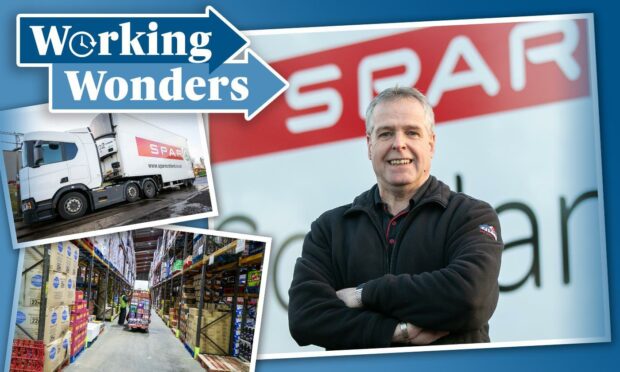
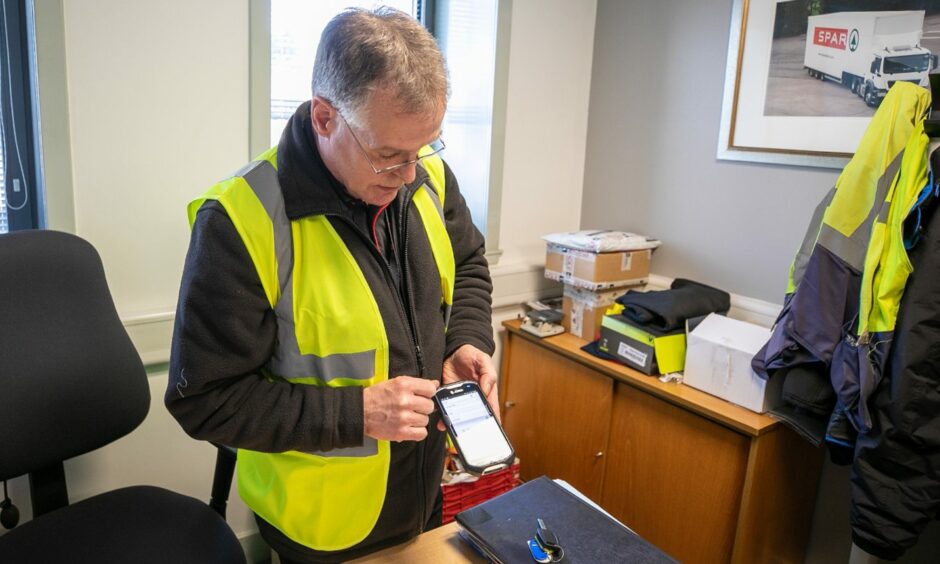



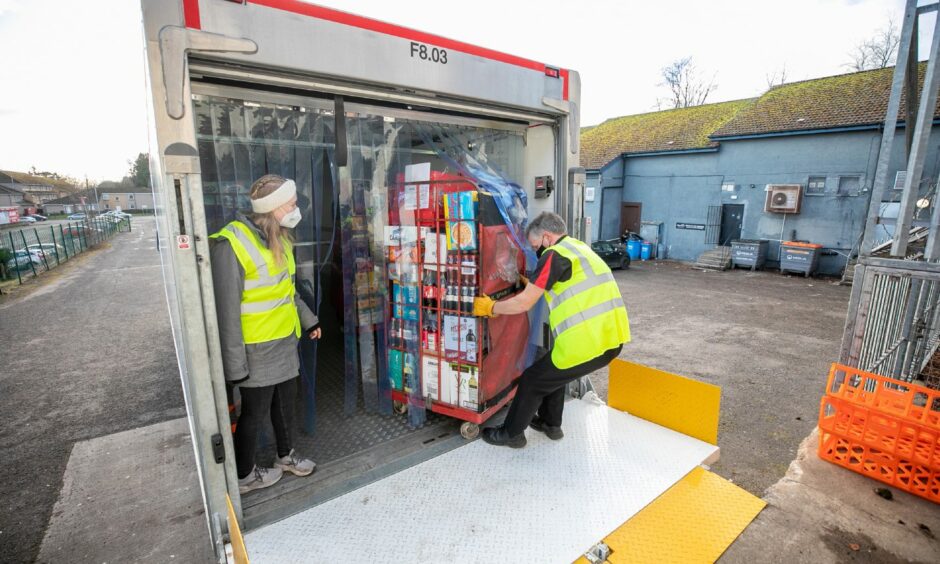

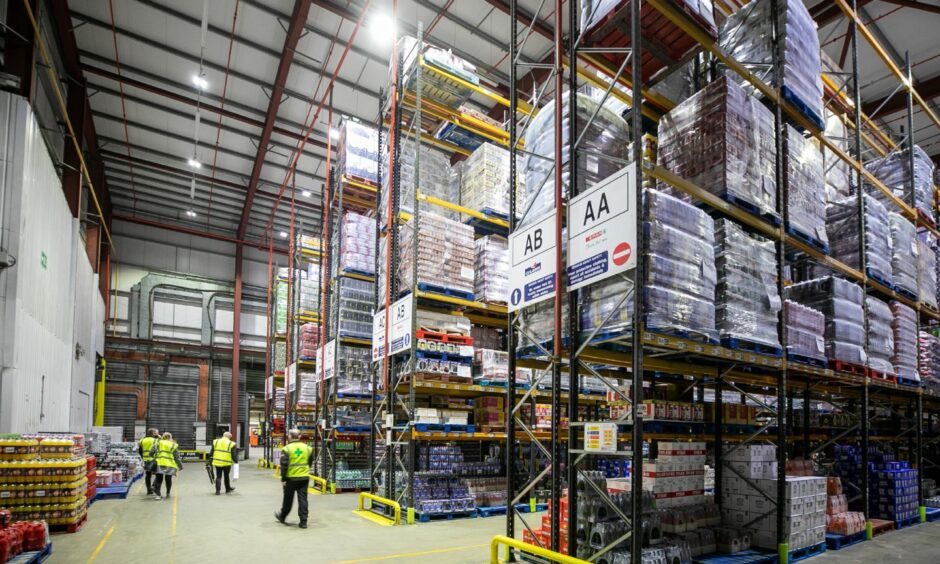


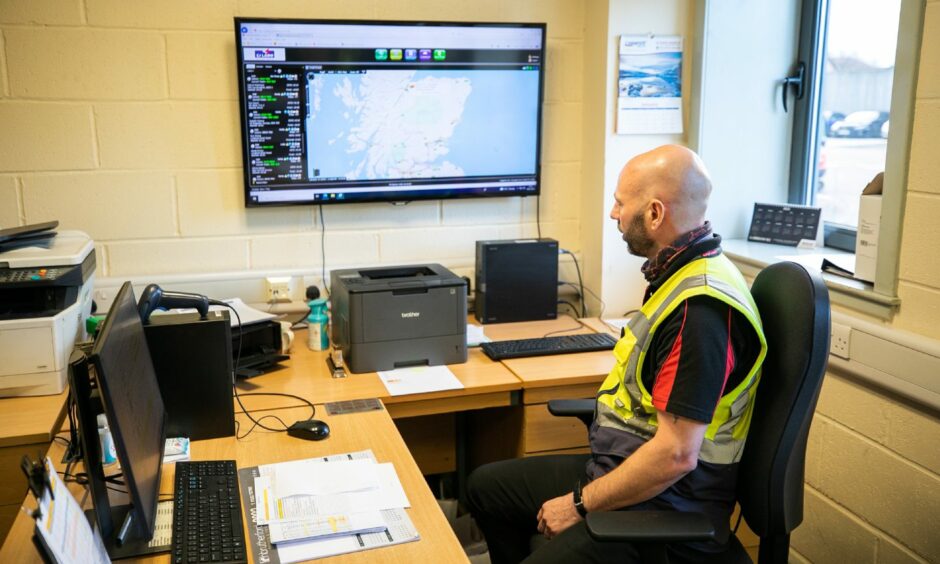




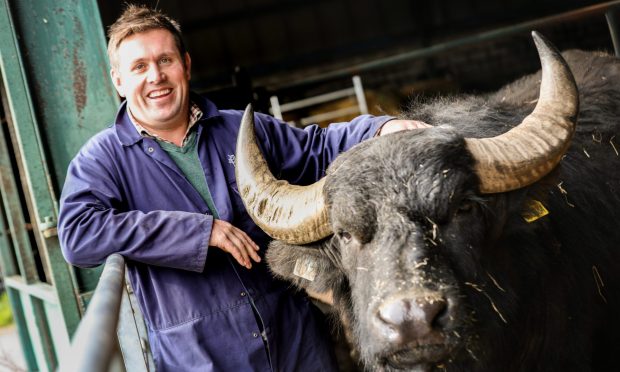

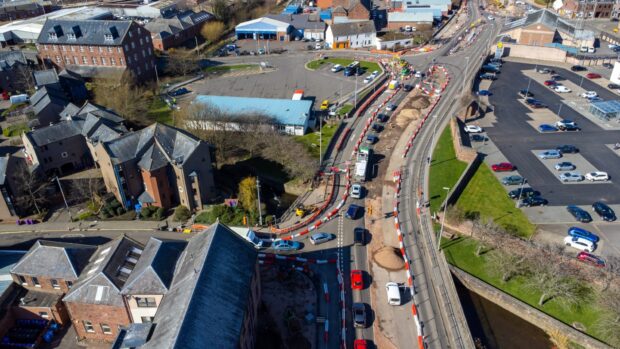


Conversation